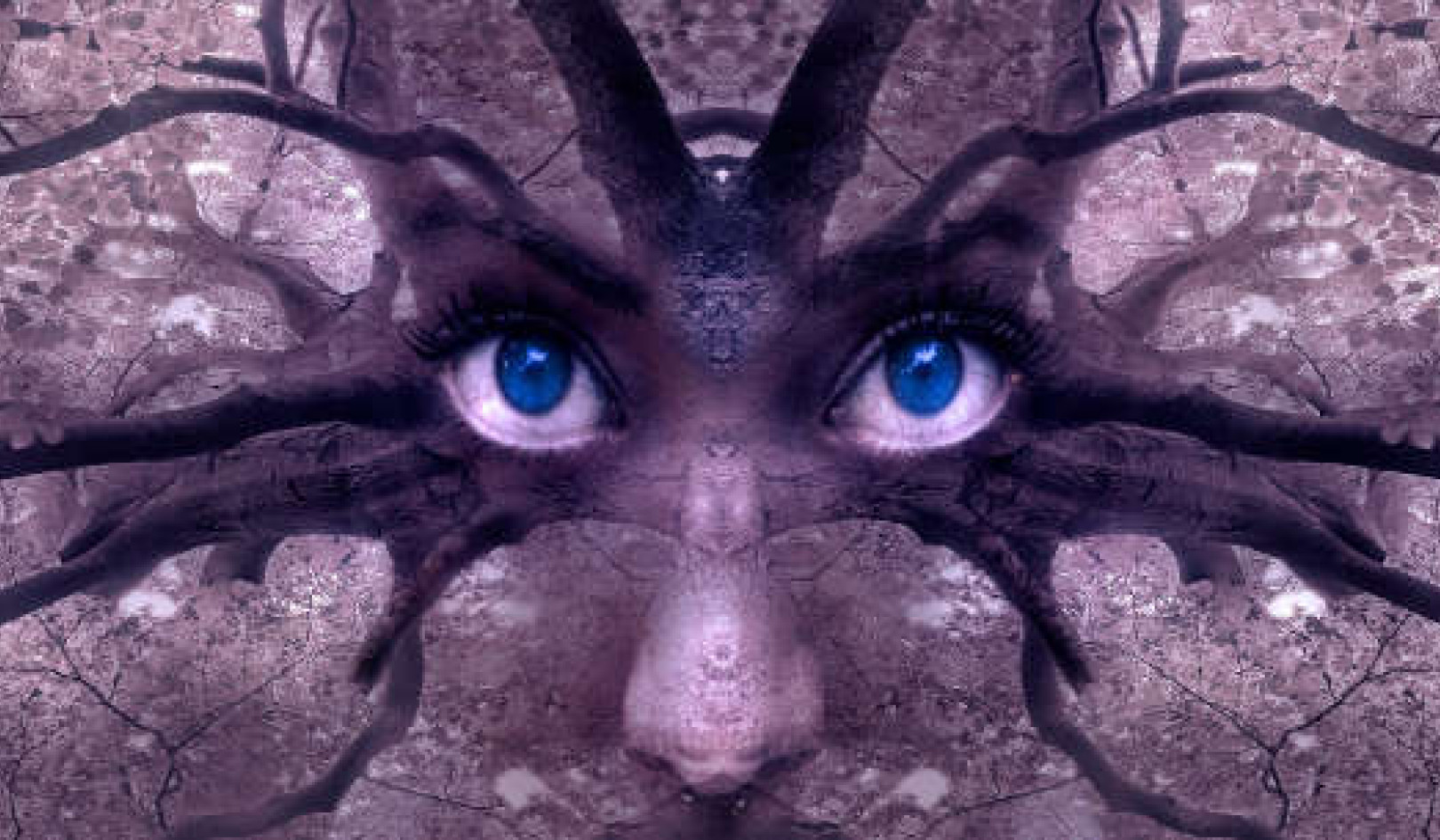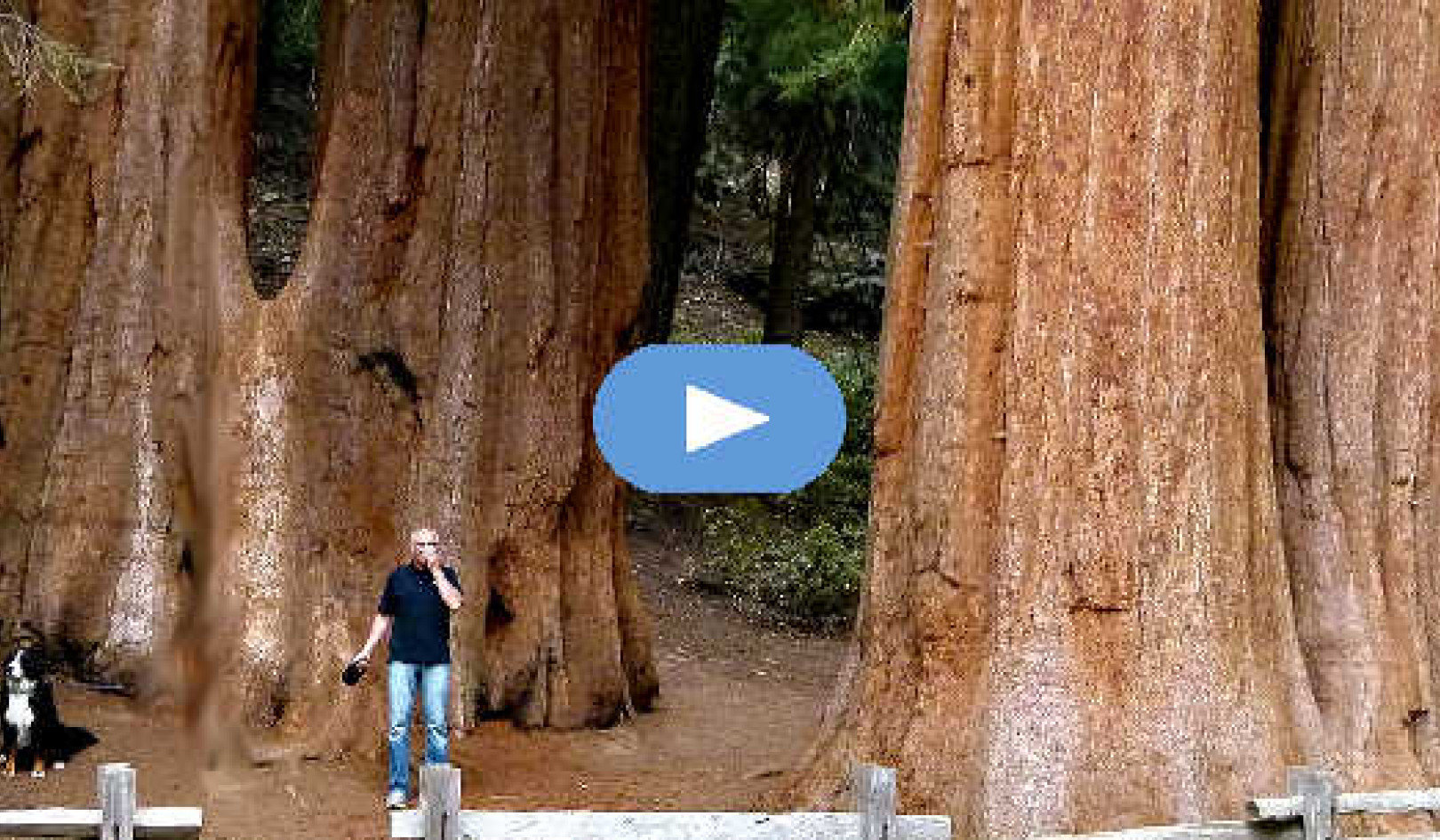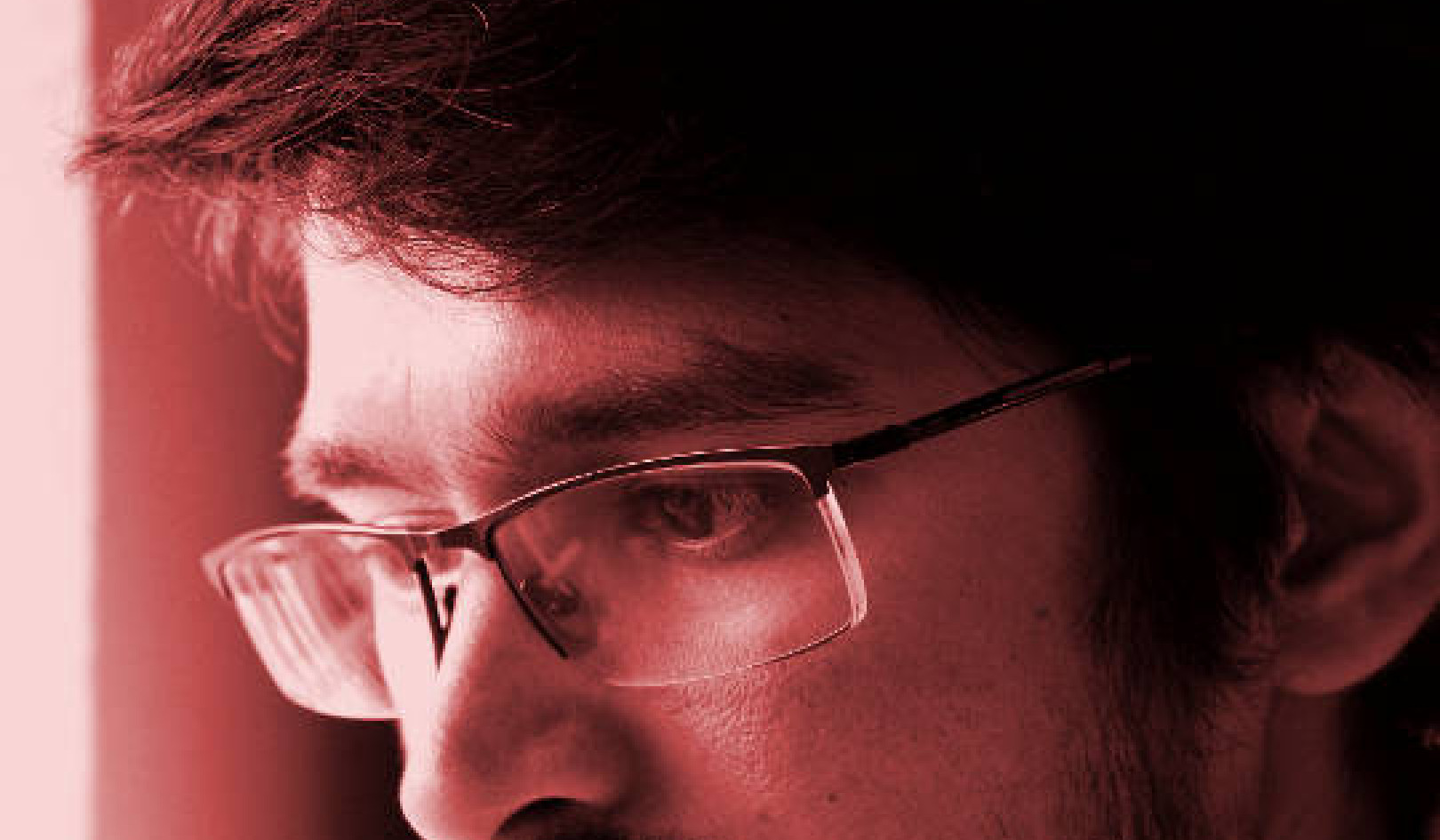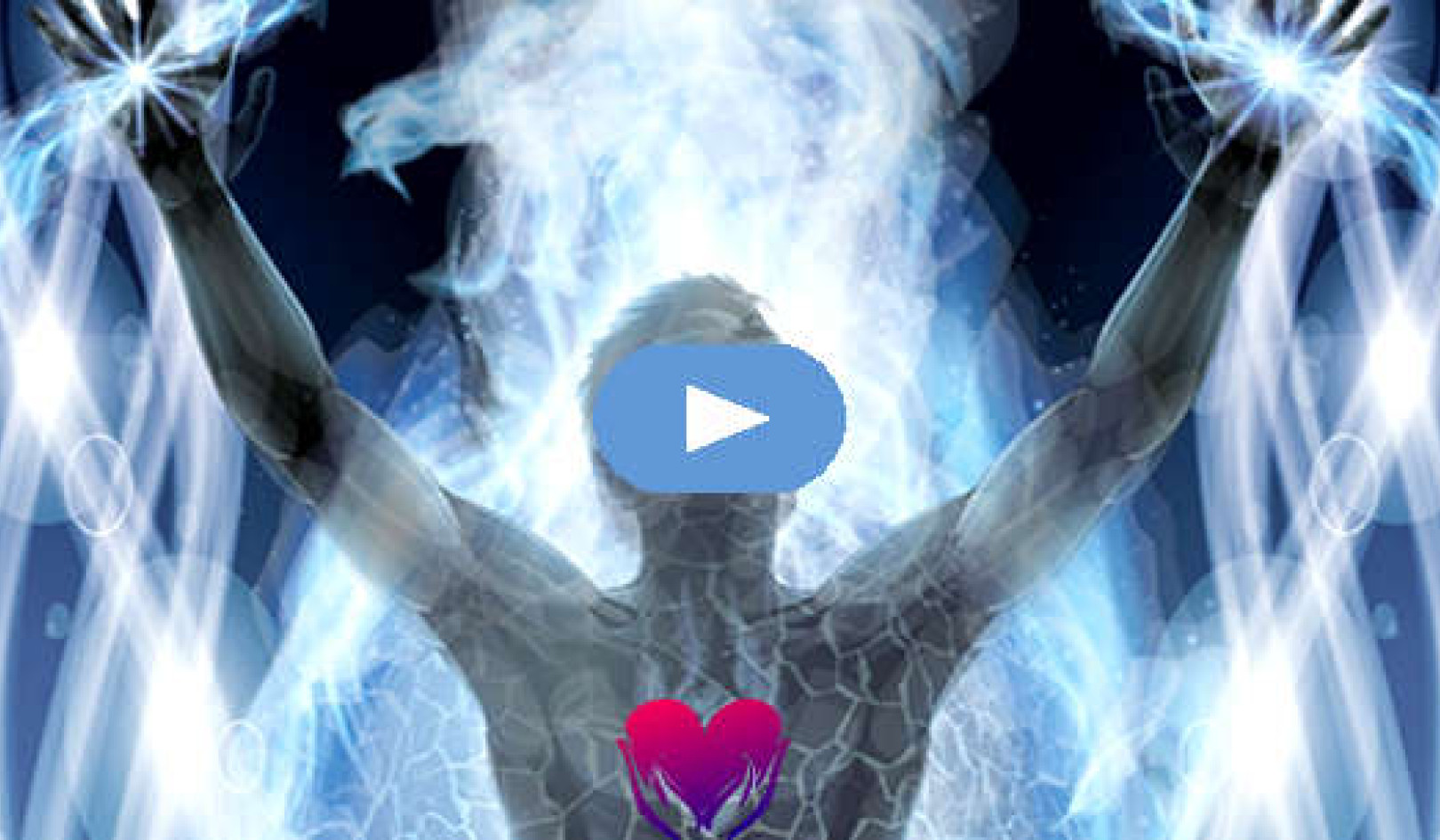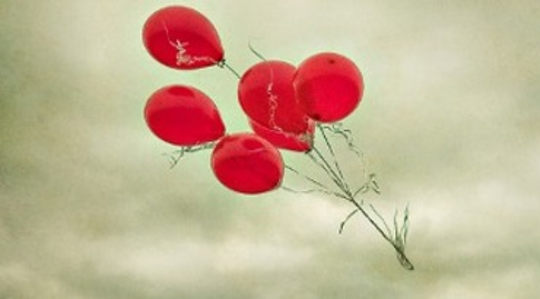
Nature is a great teacher. Its natural cycles demonstrate important truths about life and renewal, and this is why many of the great myths incorporate nature's imagery.
I find trees to be great teachers. Every year, deciduous trees must drop their leaves so that new life can form. If the leaves did not fall, the tree could not renew itself. It is that simple.
What can this cycle teach us about reclaiming our innocence, about rediscovering the wonder of life? I believe it teaches us that we pay too little attention to the role letting go plays in the experience of renewal.
Wars and the Need to "Never Forget"
While I was in the seminary in 1981 I spent some time in the Middle East. While our base was in Egypt, we also traveled to Israel and the Palestinian West Bank. We arrived after a period of riots and unrest in Ramallah and nearby towns. Coming from a young culture in North America I could not appreciate the historical perspective of those who lived in this place.
People spoke to me of hurts thousands of years old, of lands stolen and people displaced. They spoke of soldiers with guns, of dead brothers and fathers, and most of all of the need to "never forget." Never forget the Holocaust; never forget the war of 1967; on and on it went. Somehow even to a naive observer it was obvious that there would need to be much letting go for healing ever to be possible.
I use this example deliberately, because letting go often involves the releasing of hard things, of painful truths, of things that we may believe are best remembered. But nature reminds us that we cannot hold on forever. Only with letting go can new life come.
This takes many forms in our personal lives. When I was young, one of my uncles was a white-collar traveling salesman. In those days, the early '60s, salesmen drove their cars rather than hopping planes and he would frequently stop by our home on one of his sales trips.
As a young boy, these visits from Uncle Clayton were a pleasant surprise and something of an adventure. Because we were lower-middle class, I never got to meet many people outside the confines of my neighborhood, so having this distant uncle with the suit and brimmed hat bring a different world to our house -- if only for a few hours -- was always a highlight. He would arrive in his big white Cadillac, always unexpectedly, and sit at our kitchen table sipping coffee and making small talk. For a young boy in a blue-collar home whose father had died young, these visits were fascinating.
Then, when I was about nine years old, my great-grandmother died. She had been my favorite. As an adult I was told about her grumpy and sometimes mean temperament, but to me she was a saint who spent hours indulging me with the most precious gift, her time. I was not old enough for funerals, so my family went off to Connecticut to lay great-grandmother to rest while I remained behind.
Soon after her death, those wonderful visits from Uncle Clayton stopped, as did our occasional visits to his home in the country. It was not until many years later that I learned why.
Inheritance, Material Stuff, and Not Letting Go
When my great-grandmother died, there was a family feud over her "stuff." My mother felt Uncle Clayton had cheated her mother out of a part of her rightful inheritance. Of course, he saw it differently; he felt that he had taken care of my great-grandmother for years, living in the same city and bearing the burden of doing so. Taking more of the things she left seemed appropriate. Turns out she did not have all that much anyway, but the consequences of those things being distributed in this way lasted forever. No one was willing to let go, to move on and allow new life to sprout. We never did get another visit nor did we ever visit again.
I cried when my uncle died many years later; I cried because that pain had not been let go. Winter had lasted forever and spring had never come. He never visited again nor was he welcome in our home.
The Power of Letting Go
 In one of my seminars, a woman confessed she had been estranged from her son for more than thirty years. During the session we discussed the critical role that letting go plays in keeping ourselves from becoming cynical. Later that very day, this woman called her son. All the years of estrangement, years of hurt compounded and earning interest, were forgiven on both sides in a few moments. It was as if both had been waiting for someone to simply have the courage to loosen up and let go of the past.
In one of my seminars, a woman confessed she had been estranged from her son for more than thirty years. During the session we discussed the critical role that letting go plays in keeping ourselves from becoming cynical. Later that very day, this woman called her son. All the years of estrangement, years of hurt compounded and earning interest, were forgiven on both sides in a few moments. It was as if both had been waiting for someone to simply have the courage to loosen up and let go of the past.
In the weeks that followed she told colleagues at work how she had begun to let go of her negativity, to let go of her blame toward others, to let go of her need to be right. It was as if by letting go in one area of her life, an avalanche of things that needed to be free had been shaken loose. Like one of our Pacific Northwest windstorms that remove all of fall's grandeur in a single afternoon, she had finally been liberated.
So autumn always makes me wonder what I am holding on to. What is it that I am afraid to let go of? One of the wonderful exercises of autumn is to spend time reflecting on a simple question: What is it that I need to release? What must be put aside so that spring can arrive?
Unclenching That Fist
About seven years ago I realized that I wanted to do different kinds of work with people and with organizations. My years of ministry seemed a distant memory and my work life had taken on the focus of helping leaders become more efficient and effective. I wanted to reclaim things of the spirit, but had built a very good life for myself as a consultant.
At about that time the book Awakening Corporate Soul had begun to germinate in me, but there was fear as well. At the time I thought it was fear about where the work would take me, but now I see it was mostly about what I'd have to leave behind. I had come to be seen as an expert in the arena of customer service; I was much in demand and making a good living. Perhaps a book on soul would pigeonhole me as "soft," removed from the real, daily concerns of clients. Perhaps if my shingle read "soul," the phone would stop ringing and for at least a time my image of myself as an expert would have to be modified to that of novice.
In one important moment, my colleague and old friend Tom Diamond said it all: "John, until you are willing to be a novice again, perhaps you cannot make this transition." That is, unless there was some letting go, the seasons could not take their natural turn.
That experience did lead to winter, moments wondering if the phone would ever ring again, moments feeling far too much like a novice, moments when the letting go seemed too much. But ever since that period, I have a much deeper respect for the place of letting go in moving forward.
Wounds from my Mother
My mother and I have been going through such a process. As this book is being written we are making plans for her to move to our community from her lifetime home in New York City. After 65 years there, she will join us this summer to live out what we hope are many good years. Yet for almost 20 years she and I have been far from close. Mind you, unlike some families, we have not been at odds. We have not gone through any period when we refused to talk to each other or chose to ignore the other.
Rather, we went through two decades of holding on to moments from the past.
For my part, there were childhood hurts, ways my mother had raised me that had "wounded" me, things that had contributed to some of my many adult character flaws and helped explain my several failed relationships. Holding on to my need to blame someone and my wish that she had lived a different life kept me from being close to her. She, on the other hand, held on to the need to be the good mother, to see me as the fallen son who did not care about her.
Putting the Hurt Behind Us
Perhaps more than any hurt, we both had to let go of the idea that we must completely like each other. Somehow, when we finally let go of that need, we could simply love each other as mother and son and put whatever hurt there had been behind us and let spring arrive. Like the woman attending my seminar, I learned how easy it was in the end to let it go. I have missed my mother all these years and she has undoubtedly missed me more deeply than my heart will let me take in.
What about for you? What image of yourself must be let go to allow a new image to form? What hurt do you hold very closely -- yet the mere uncurling of fingers would gently release it? What way of being in the world must be allowed to fall for you to evolve as a human being? What part of your life must be "put aside" to make room for the deeper yearnings of your heart? What must be erased from the day-timer to allow other priorities to take hold? What opinions about the world and others keep you moving toward cynicism -- and are you willing to let them go?
Reprinted with permission of the publisher,
Berrett-Koehlar Publishers, Inc. ©2004.
www.bkconnection.com
Article Source
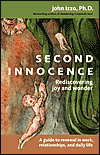 Second Innocence: Rediscovering Joy and Wonder: A Guide to Renewal in Work, Relationships, and Daily Life
Second Innocence: Rediscovering Joy and Wonder: A Guide to Renewal in Work, Relationships, and Daily Life
by John B. Izzo.
Info/Order this book.
About the Author
Dr. John Izzo is the author of several other books: Awakening Corporate Soul: Four Paths to Unleash the Power of People at Work (Fairwinds Press, 1997), Awakening Corporate Soul: The Workbook for Teams (Fairwinds Press, 1999), and Values Shift: The New Work Ethic and What It Means for Business (Fairwinds Press, 2001). He has traveled the world advising, speaking, and doing research on workforce trends, positive corporate cultures, and connecting with like-minded thinkers also creating powerful change.





















